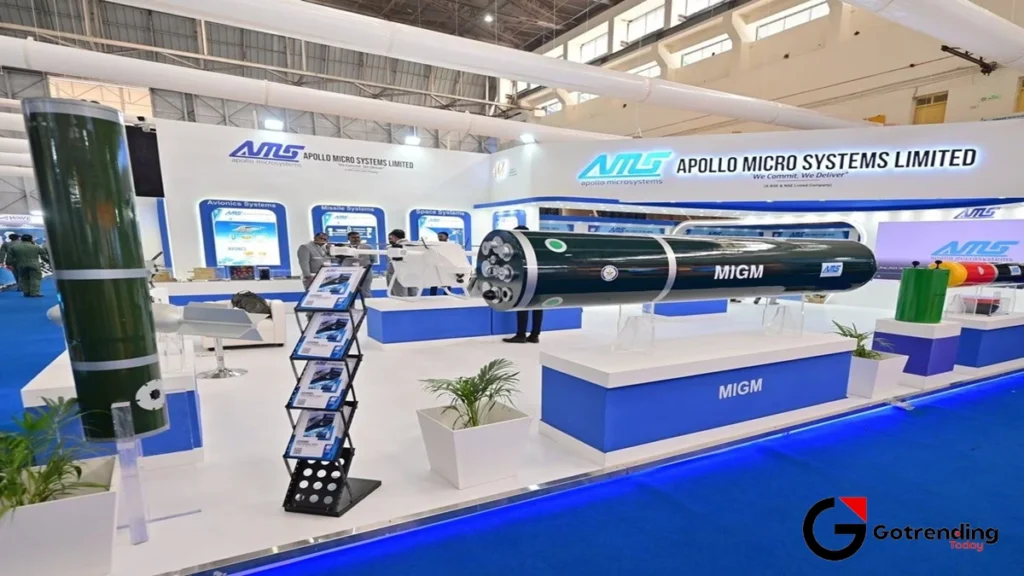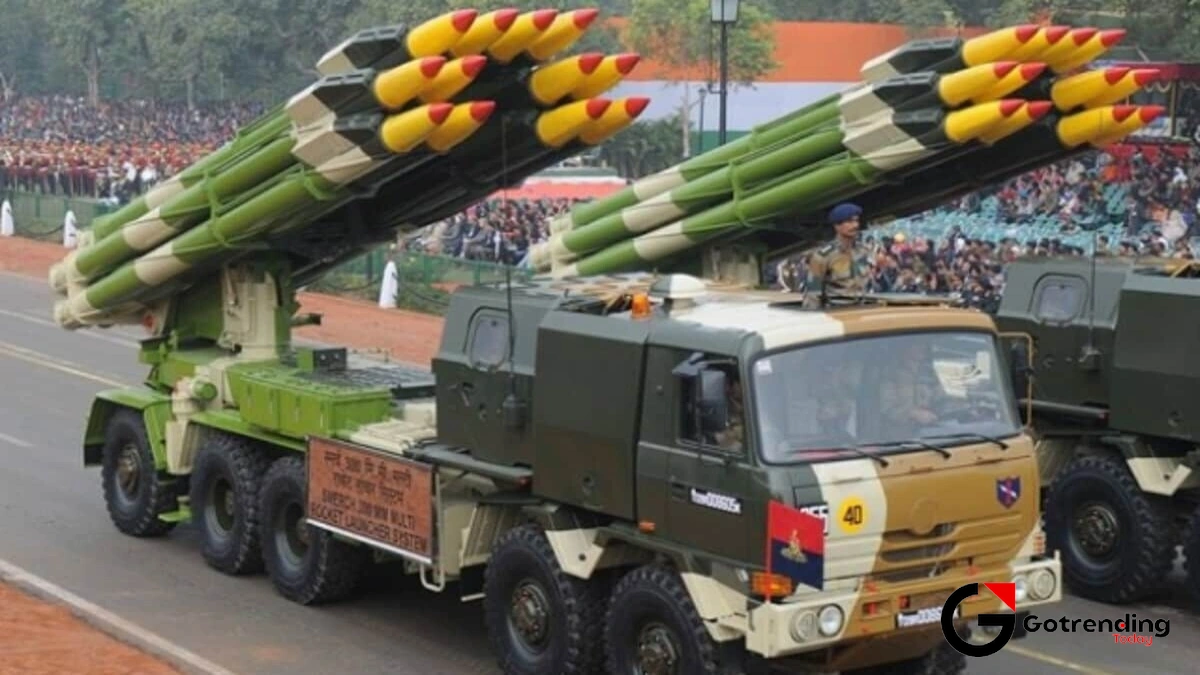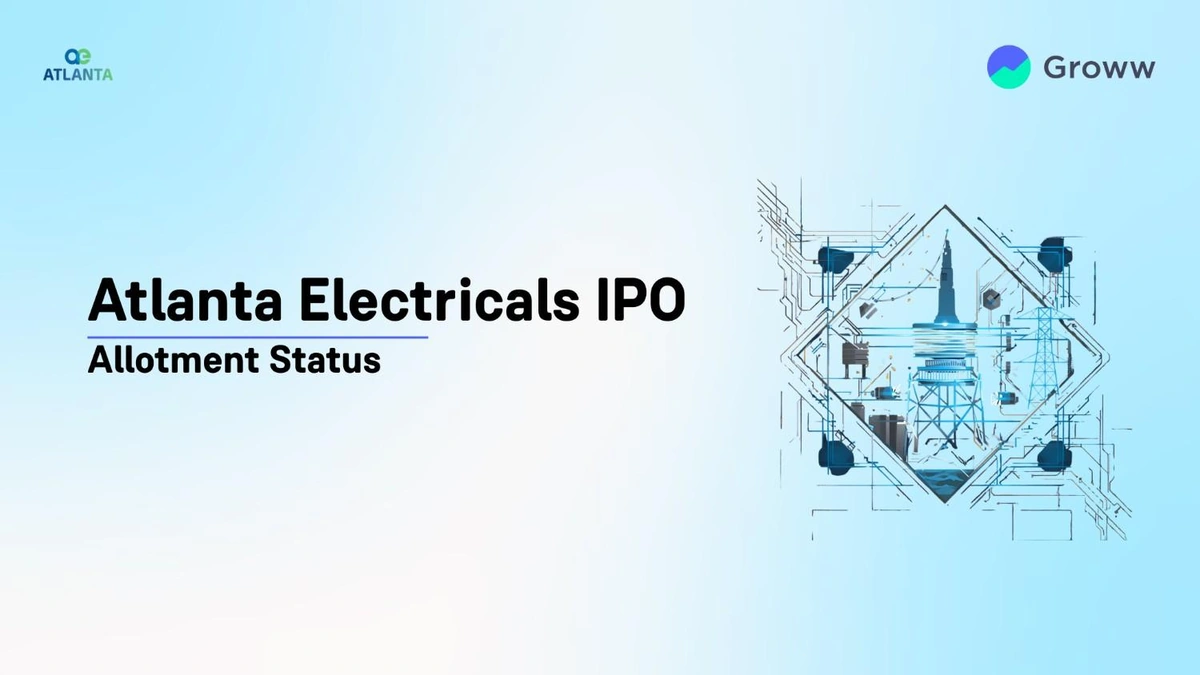The Real Story Behind the Apollo Micro Systems Share Price (It’s Not What You Think)
I’ve been watching the Indian stock market for years, and every so often, a certain kind of stock gets a buzz around it. Not the big, splashy names everyone knows, but the smaller, more niche players. The ones that do something incredibly specific, something most of us don’t fully understand. And lately, there’s been a lot of chatter about Indian defence stocks . It’s a space filled with massive potential and, let’s be honest, a fair bit of hype. You’ve probably seen the headlines, the sudden spikes, the breathless commentary.
And right in the middle of that conversation is a company called Apollo Micro Systems. Maybe you saw a notification on your trading app. Or a friend mentioned it. The first thing everyone looks at is the apollo micro systems share price , and it’s been on a wild ride. But here’s the thing I keep coming back to, sitting here nursing my third coffee of the day: the share price is just the symptom. It’s the fever, not the cause. To really get what’s going on, you have to look under the hood.
It’s a bit like how the whole landscape of services is changing, something that becomes obvious when you see an Ola-Uber strike , you realize the ecosystem is more complex than just the app on your phone. It’s the same with stocks like this.
So, What’s the Real Story Driving This Stock?

At first glance, Apollo Micro Systems looks like just another small-cap engineering company. But that’s not quite right. They are deep in the weeds of a very specific, very critical industry: defence electronics . Think about a modern fighter jet, a naval ship, or a missile system. They aren’t just hunks of metal. They’re flying, floating, data-processing supercomputers. They are packed with thousands of electronic subsystems that handle everything from navigation and communication to targeting and electronic warfare.
That’s where Apollo Micro Systems lives. They don’t build the whole missile, but they might build the critical guidance system inside it. They don’t construct the entire warship, but they design and supply the complex electro-mechanical systems that make it function. They are a classic B2B (or more accurately, B2G – Business to Government) player, a crucial cog in a much larger machine. And this is a fundamental point that many people miss when they just glance at the ticker.
The company is deeply embedded in the government’s Make in India initiative , and more specifically, the push for ‘Atmanirbhar Bharat’ (Self-Reliant India) in defence. For decades, India imported a huge chunk of this high-tech electronic equipment. The government is now desperately trying to change that, pushing for domestic design, development, and manufacturing. This isn’t just about saving foreign exchange; it’s a massive national security issue. You can’t be a true power if your military’s electronic eyes and ears are built by someone else. Companies like Apollo are the direct beneficiaries of this policy shift. You can see the government’s emphasis on this by exploring the work of organizations like the Defence Research and Development Organisation (DRDO) , who are at the forefront of this indigenization drive.
Beyond the Hype | The Nitty-Gritty That Actually Matters

Okay, so we know they’re in the right place at the right time. But what does that mean for the apollo micro systems share price in the long run? This is where you have to move past the story and look at the Apollo Micro Systems fundamentals .
I’ve got to admit, this is the part that fascinates me. Their work covers things like C4ISR (Command, Control, Communications, Computers, Intelligence, Surveillance, and Reconnaissance) systems, which are essentially the nervous system of modern military operations. They build homeland security tech, avionics for aircraft, and systems for naval platforms. This isn’t just assembling parts; it involves a ton of R&D and custom design work.
The crucial metric to watch here is their order book . A healthy order book means visibility into future revenues. It means contracts have been signed and work is in the pipeline. Any Apollo Micro Systems news that mentions a significant new order from the Ministry of Defence or a major PSU like Bharat Electronics Ltd (BEL) is far more important than a day-to-day fluctuation in the share price.
But and this is a big but it’s not all smooth sailing. Relying heavily on government contracts has its own set of challenges. Projects can face delays. Payments can be slow. Competition is fierce, with both other private players and established Public Sector Undertakings (PSUs) in the mix. These are not fast-moving consumer goods; the sales cycle is long and complex. This is a game of patience. It’s more akin to understanding the deep infrastructure that makes the market work, like the role of a depository. For a deeper dive into market infrastructure, you might find this article on CDSL’s role in the Indian market interesting it’s another example of a crucial “behind-the-scenes” player.
The Bull vs. Bear Case | A Mental Tug-of-War

So, how do I think about a company like this? I run a constant debate in my head.
The bull case is compelling. You have a massive tailwind from the Atmanirbhar Bharat policy. The government has explicitly stated its intent to favor domestic companies. The complexity of modern warfare means the electronic component of defence budgets will only increase. And as a smaller, more agile player, Apollo can potentially innovate faster than some of the larger, more bureaucratic PSUs.
Then there’s the bear case. The stock has run up a lot, and the valuation might already factor in a lot of this future optimism. Is the execution capability there to handle a massive influx of orders? Any slowdown in government spending or a shift in policy could hit them hard. Their fortunes are tied, to a large extent, to the whims of New Delhi. And like many other small-cap stocks , it can be volatile.
I keep coming back to this: investing in a company like Apollo Micro Systems isn’t a bet on next quarter’s earnings. It’s a bet on the long-term, structural story of India’s defence indigenization. It requires a different mindset. It’s about believing in that larger narrative and accepting the volatility that comes with it.
Your Questions About Apollo Micro Systems, Answered (Probably)
Is Apollo Micro Systems a good buy for the long term?
That’s the million-dollar question, isn’t it? The answer depends entirely on your risk appetite. If you believe in the ‘Make in India’ defence story and are prepared for volatility, it presents a compelling case. The future of Apollo Micro Systems is tied to this national strategy. However, if you’re looking for stable, predictable returns, the high dependence on government contracts and the inherent lumpiness of the business might be a concern. It’s not a “buy and forget” stock; it’s one you need to watch closely.
What is the biggest risk associated with the company?
I’d say the biggest risk is client concentration and project delays. A significant portion of their revenue comes from the Government of India (via the Ministry of Defence and related PSUs). Any slowdown in defence procurement, budget cuts, or policy changes can directly impact their order book and revenue pipeline. It’s a risk inherent to the entire Indian defence sector.
Why does the apollo micro systems share price fluctuate so much?
Several factors are at play. First, it’s a relatively small-cap stock, which tend to be more volatile than their large-cap counterparts. Second, it’s in a “hot” sector right now defence. This means a lot of speculative interest can push the price around based on news and sentiment, not just fundamentals. A single large order announcement can cause a huge spike, while a delay can cause a sharp drop.
Is this just another defence stock, or is there something special?
While it’s part of the broader defence ecosystem, its focus on high-tech electronics and electro-mechanical sub-systems gives it a specific niche. Unlike a large shipbuilder or vehicle manufacturer, Apollo is a specialist in the “brains” of the equipment. This specialization can be an advantage, offering higher margins and making them a critical partner on complex projects rather than just a supplier of components.
Ultimately, when you strip away the noise, the chart, and the daily chatter, the apollo micro systems share price is a reflection of a bigger story. It’s about a nation trying to build its own high-tech military-industrial complex, and the small, specialized companies that are essential to making that happen. Whether that story has a blockbuster ending remains to be seen, but it’s certainly one worth watching.













